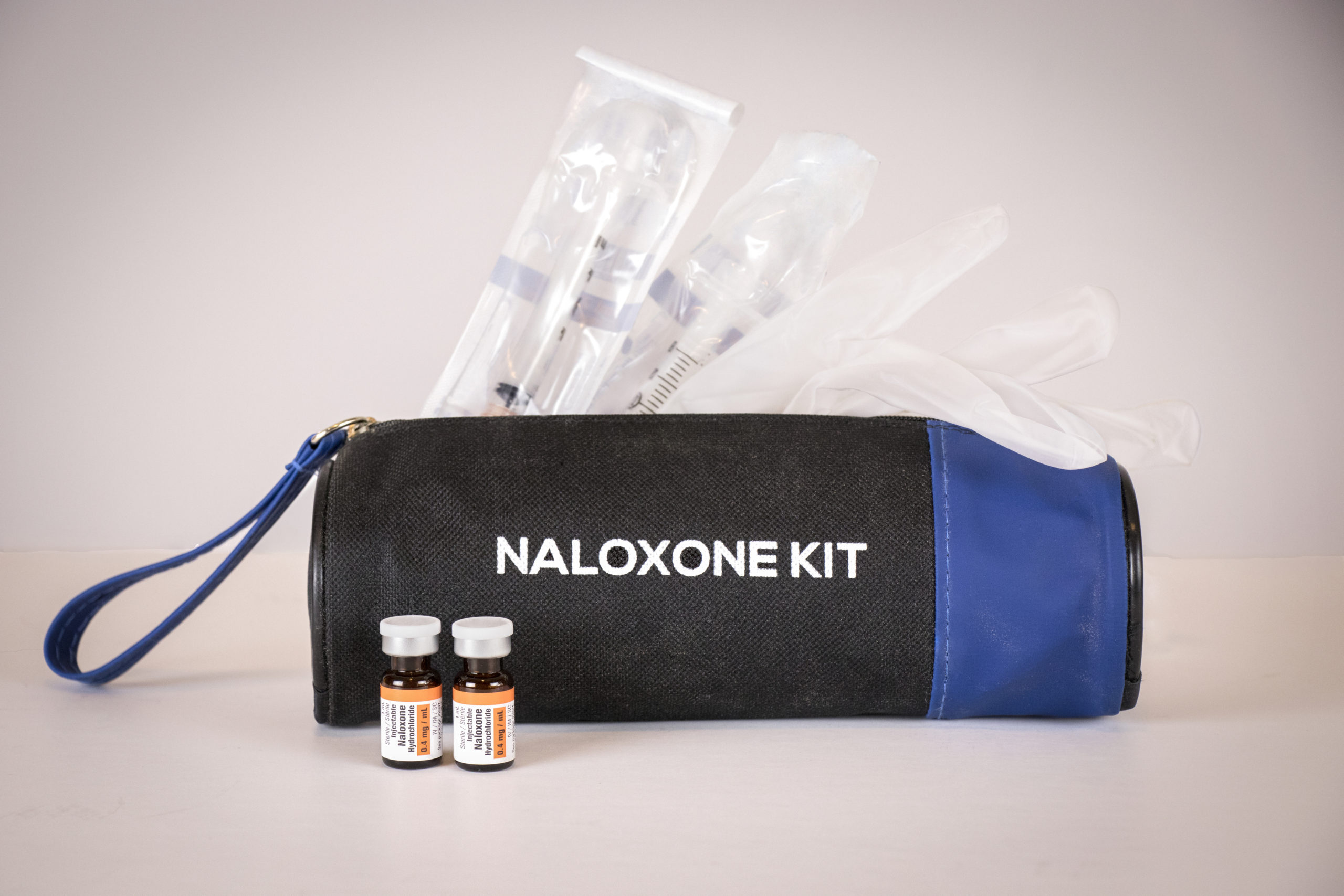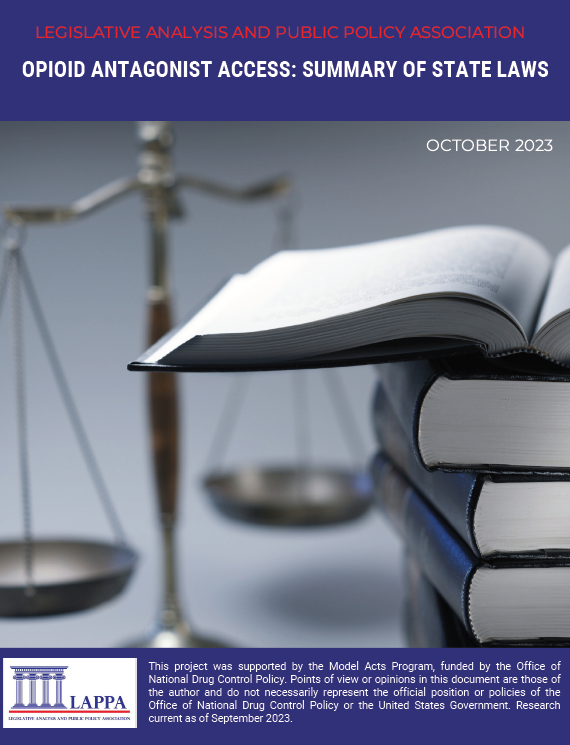Opioid Antagonist Access: Summary of State Laws
In an effort to save lives, states have implemented laws to make it easier for first responders and the general public to obtain opioid antagonists, such as naloxone. Additionally, to encourage people to assist an individual who is or may be suffering an overdose, the majority of states also enacted laws which protect laypeople who administer opioid antagonists, in good faith, in an emergency from civil and/or criminal liability. The Legislative Analysis and Public Policy Association (LAPPA) undertook an extensive research project to determine the current status of opioid antagonist access laws throughout the United States, including the District of Columbia and all U.S. territories. As of August 2020, all 50 states and the District of Columbia have some form of an opioid antagonist access law. The laws vary significantly by state. Click here to read the full Summary.





